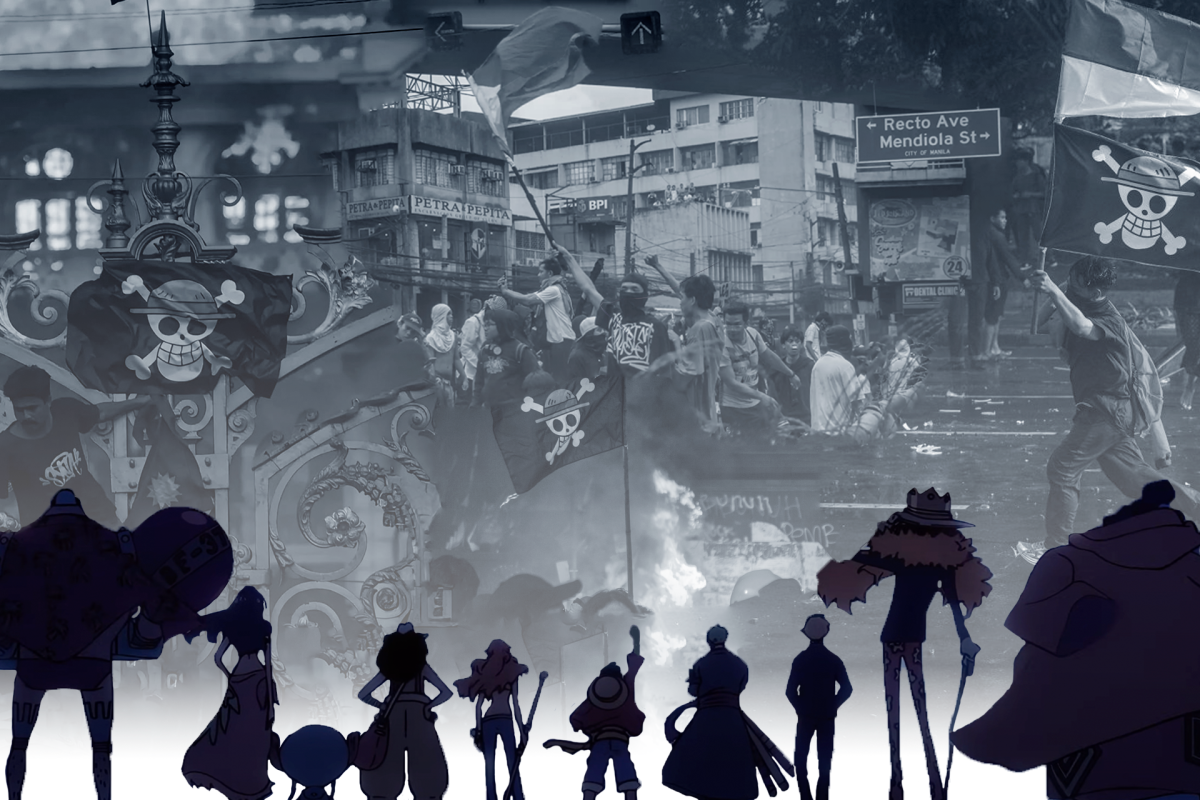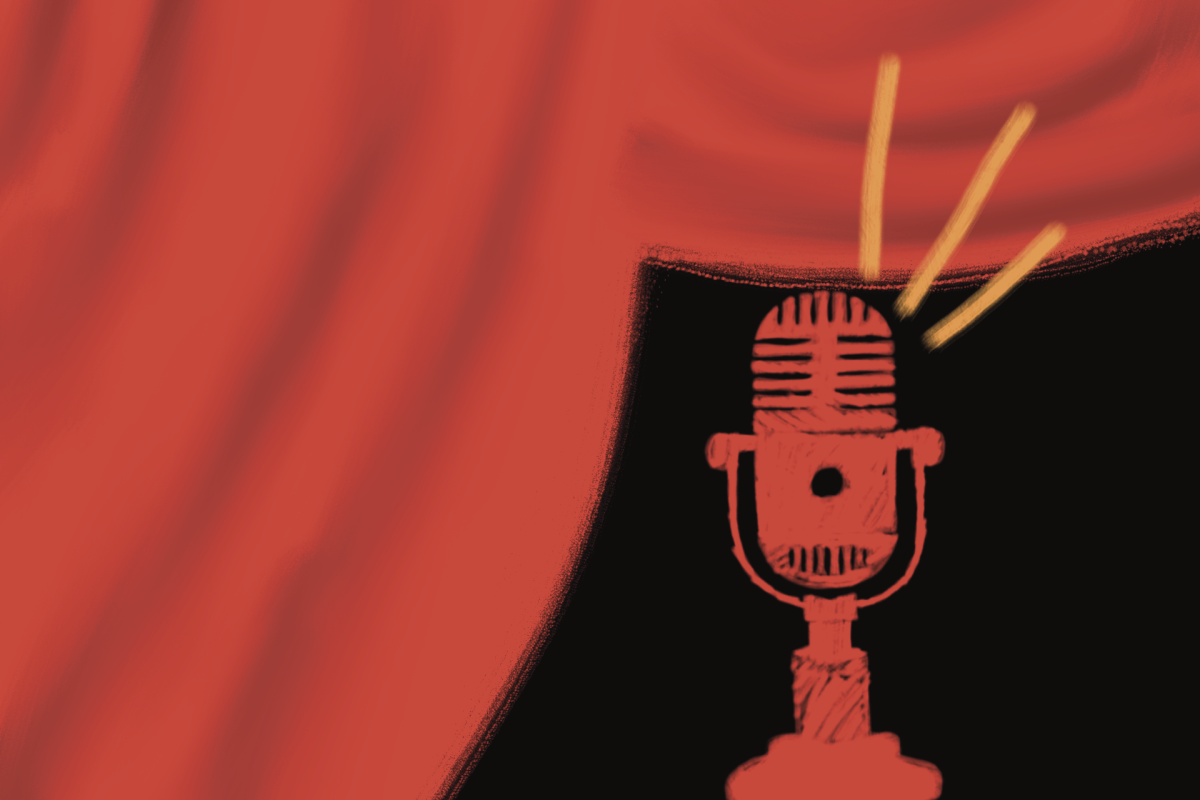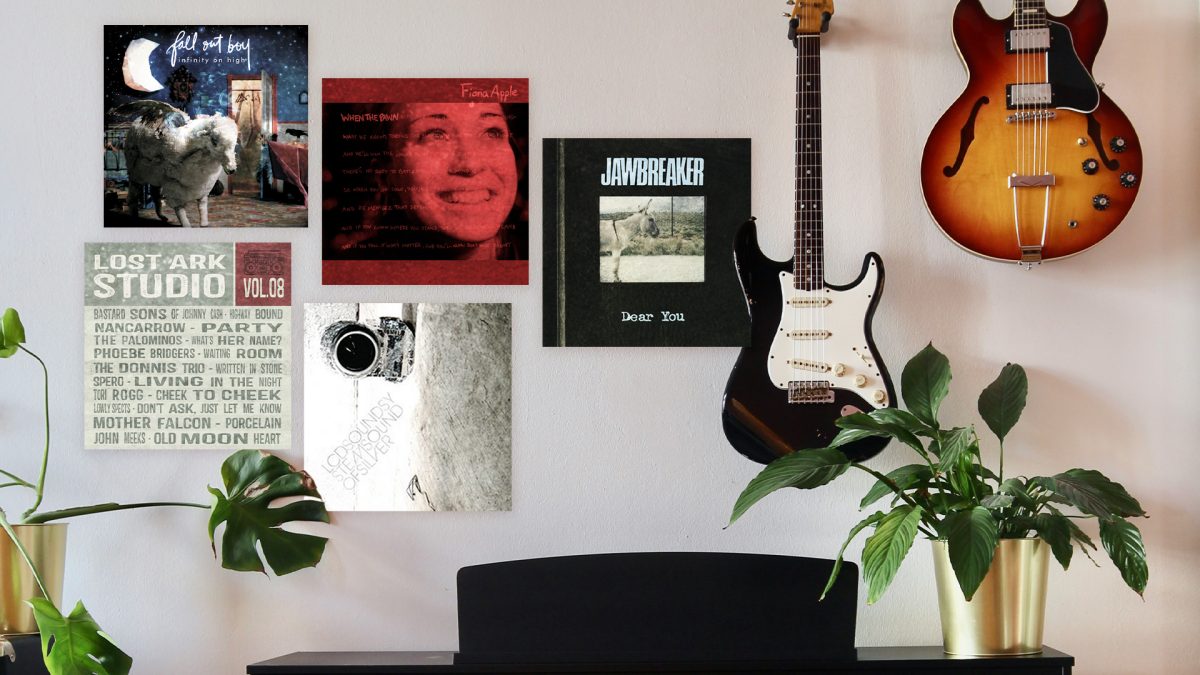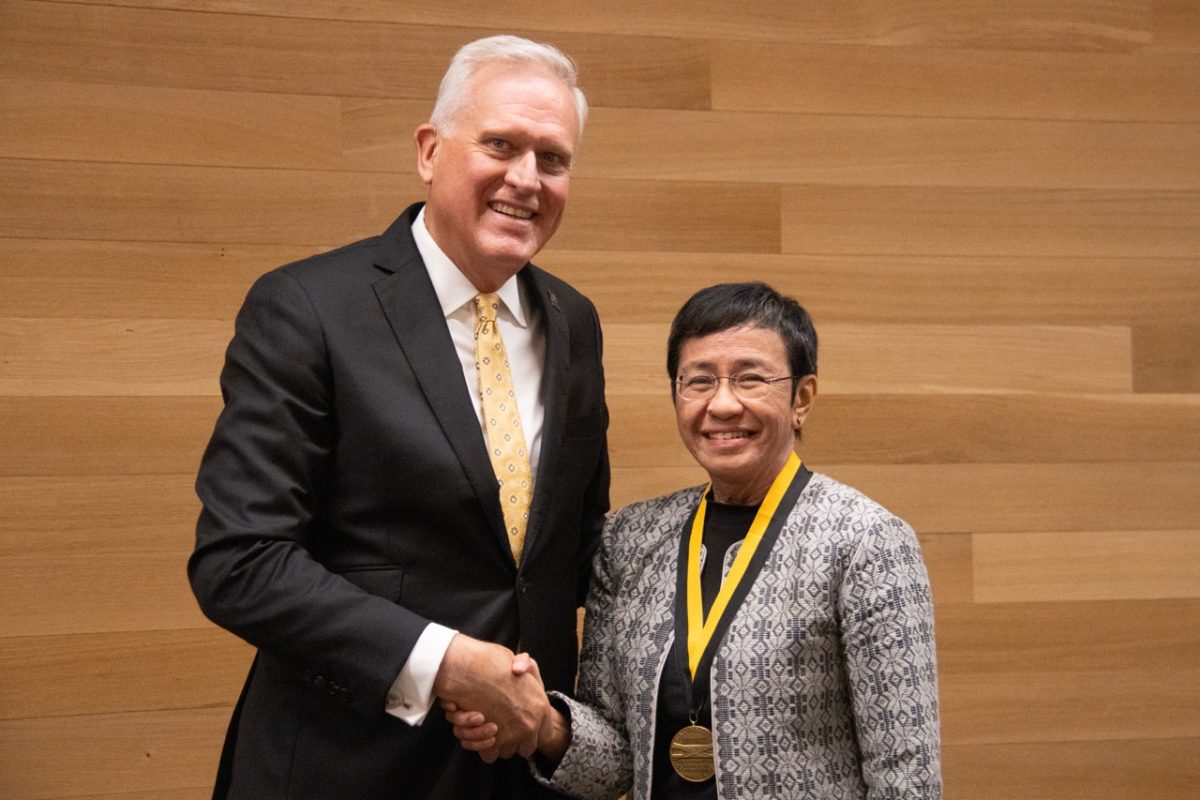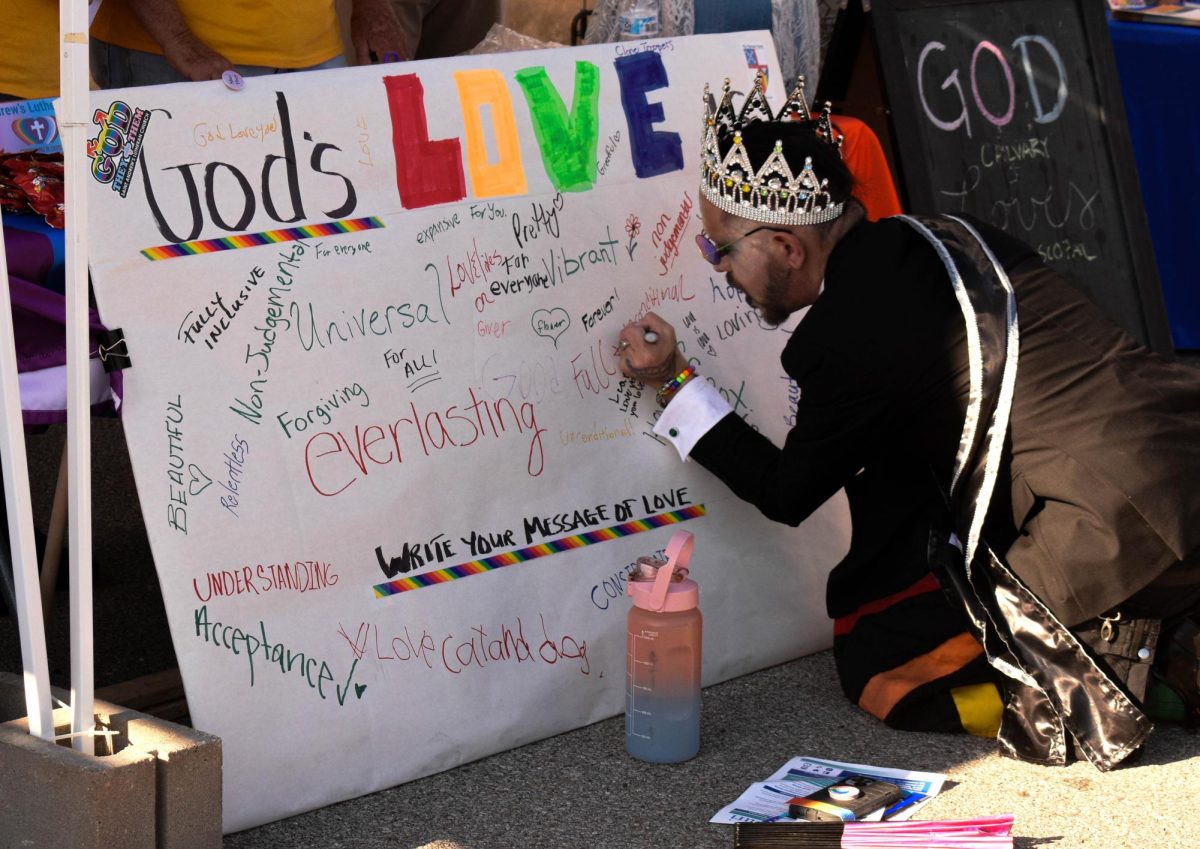A night that started with lively music and laughter ended with an audience left in shock and total silence at the Ragtag Cinema. The Ragtag Cinema started its new film series “Black Independents Vol. III” Feb. 1 with the 1970 French-Mauritanian film “Soleil Ô,” written and directed by Med Hondo with a musical performance from J.ARTiz. The series showcases anti-colonial film from throughout the African Diaspora. “Soleil Ô” tells the story of a West African immigrant who travels to Paris and, instead of work and prosperity, finds a culture that inspires fear and infantilization toward Africans. The film’s protagonist spends the movie looking for employment and a community to call his own, usually to abject failure.
Local artist J.ARTiz started the night with a dynamic musical performance that accompanied the screening. J.ARTiz’s musical sound combines elements of R&B, soul and hip-hop. J.ARTiz’s performance had an intensity to it, largely due to both the confidence and speed of his flow, as well as the very intimate feel of the performance. The performance had a similar energy to NPR’s Tiny Desk Concerts, as the audience’s close proximity to J.ARTiz allowed them to clearly see the emotion he delivered in his lyrics and vocal performance. J.ARTiz’s charismatic stage presence was paired with his entertaining back-up band of an electric guitarist, keyboard player and drummer.
As the night moved forward, Soleil Ô’s striking opening sequence grabbed the audience and refused to let go. The opening melds animation and live-action together as a Catholic priest takes his mission of bringing religion to Africa to a new level, making for a surreal experience. The opening unfolded like a moving painting, albeit one constantly changing from one unforeseeable avant-garde piece to the next. The opening uses symbolism to twist and blend objects of religion and war, capturing the immense wreckage that European colonization has left on Africa. For example, Hondo makes interesting use of the cross by having it flipped upside down and turned into swords that African men use to fight each other with.
The film then pivots to the less avant-garde story of its protagonist’s move to France. The film’s protagonist, impeccably portrayed by Robert Liensol, spends the movie looking for employment and a community to call his own, usually to abject failure. Liensol proved an electrifying presence on screen. He often managed to capture the fears, frustrations, and deep sadness of being Black in France during the 1970s through just his facial expressions. With his eyes, he told volumes of pages of pain.
Hondo implores a pulsing score underneath the film, aiming to create tension for the audience through music. The score serves as a commentary on how disconcerting the experiences of many Black French people were at the time of the film by creating an unavoidable tension in even the most simple of interactions, mimicking the constant fear Africans in France felt. While the film does focus on the experiences of Africans around the world, it manages to tie its criticism back into Black History Month by making sharp criticisms of America. “Soleil Ô” compares the racism in the movie to the eradication of Native Americans, while talking about issues prevalent in America such as job discrimination against people of color and the oversexualization of Black men.
“Soleil Ô” expertly argues against colonialism and shows the devastating effects of racism. The first edition of “Black Independents Vol. III” entertained and enlightened in equal measure. The next film will be shown on Wednesday, Feb. 8, at the Ragtag Cinema. The event will showcase the 1973 Senegalese film “Touki Bouki” and a performance from Cydnee Dotson. Audiences can buy tickets at the door or ahead of time at www.ragtagcinema.org.
Edited by Egan Ward | [email protected]
Copy edited by Mary Philip




